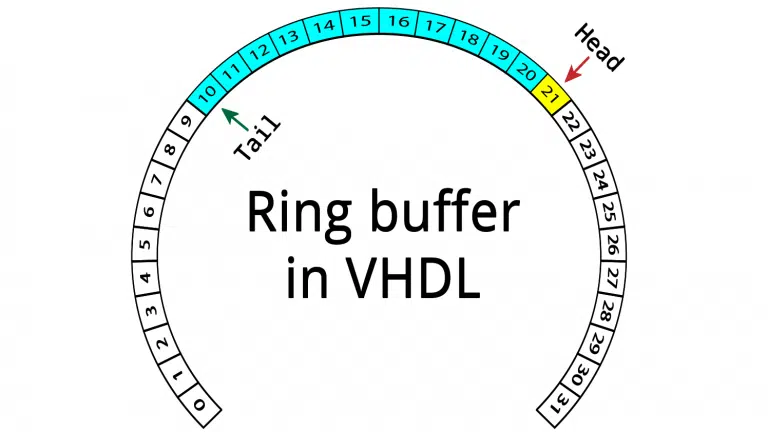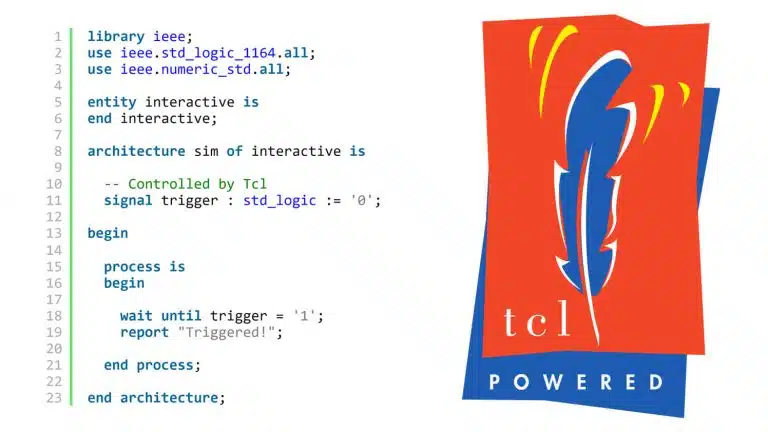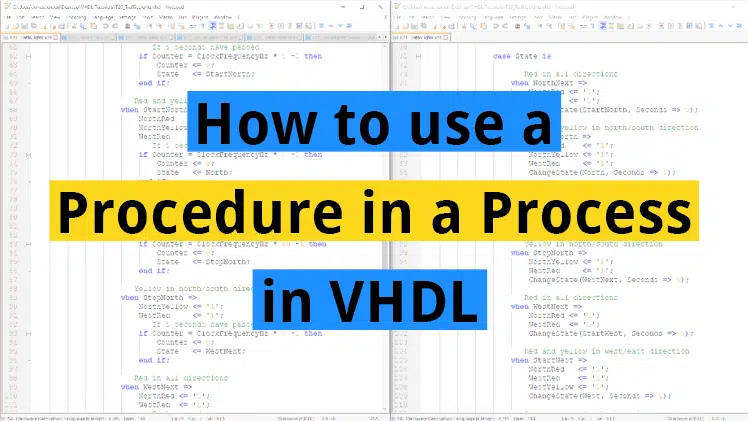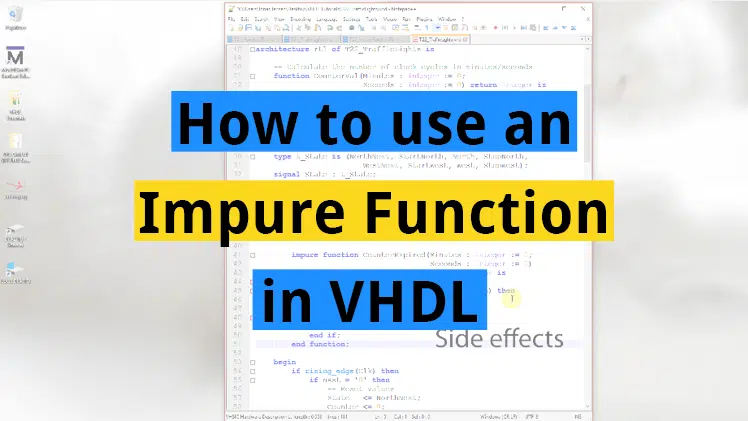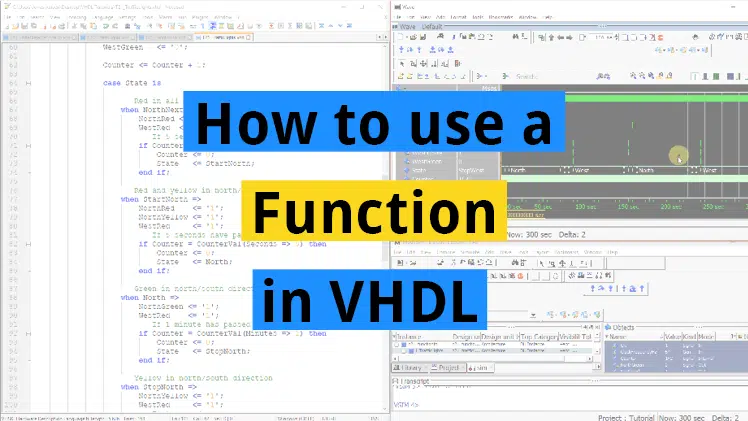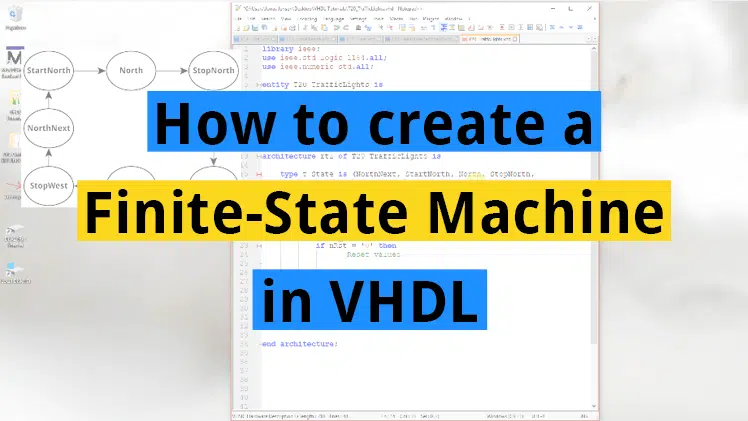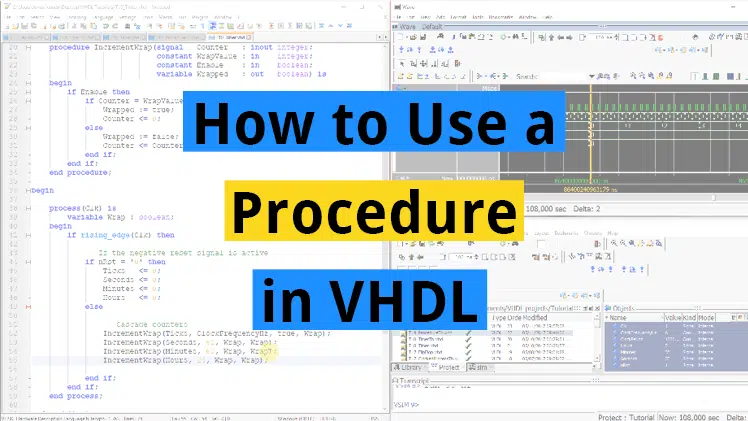Constrained random verification
Constrained random verification is a testbench strategy that relies on generating pseudo-random transactions for the device under test (DUT). The goal is to reach functional coverage of a number of predefined events through random interaction with the DUT. Open Source VHDL Verification Methodology (OSVVM) is a free VHDL library which includes a number of convenient…

